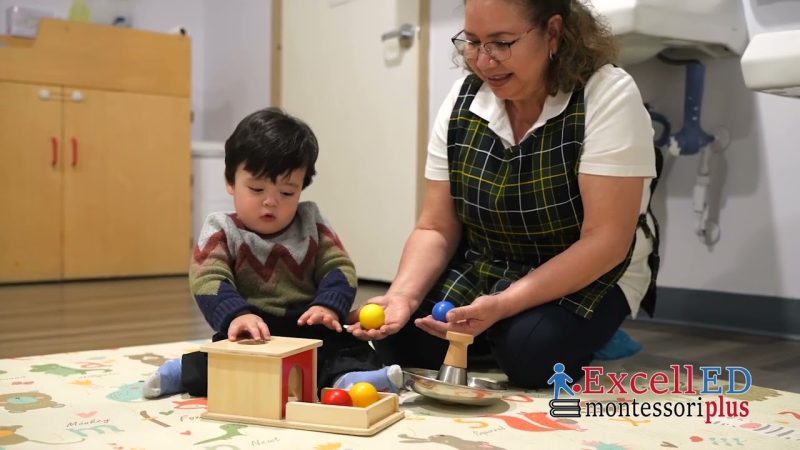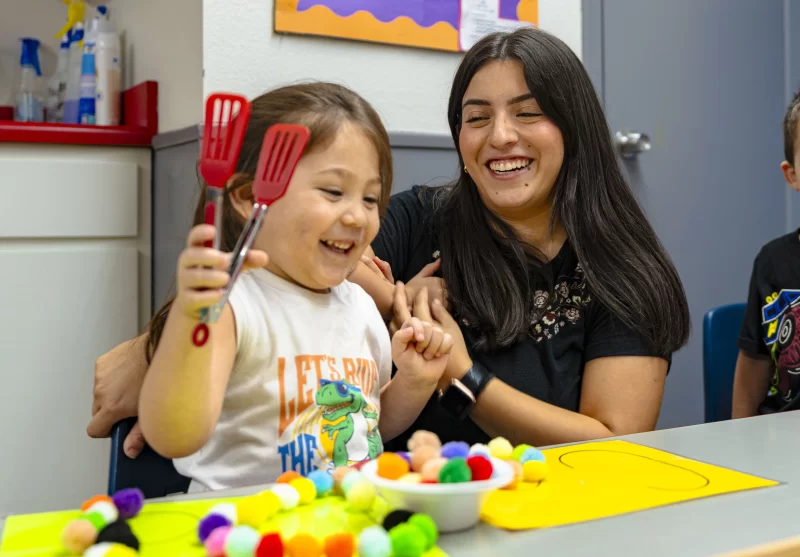
Young children can be picky eaters, and that’s totally normal, and providing children with a diverse selection of food can reduce a child’s reluctance to eat new foods. Children prefer food diversity. While adults enjoy three or four different foods and colors, children prefer seven different food items and 8 colors, according to a Cornell University study. The multitudinous array of options on a child’s plate provides them with the opportunity to combine textures, stimulate their minds with different colors, and explore new flavors.
Presenting meals with fruits and vegetables, whole grains, fat-free and low-fat dairy products, protein foods, and oils supports children’s healthy body weight and reduces the risk of developing various health conditions.
A fan favorite at Excelled is the turkey bowl with cilantro-lime rice, sweet peas, apples, and milk for lunch. This delicious meal provides children with zinc, vitamin B12, Vitamin C, Vitamin E, fiber, and calcium. The abundance of nutrients in this balanced lunchtime meal supports cognitive development, nerves and blood cells, the immune system, and strengthening bones.
The more balanced meals a child consumes, the more likely they are to have a stronger memory, improved moods, and an enhanced awareness of the value of nutritious foods. This level of awareness can be ingrained (pun intended) by providing children with the opportunity to demonstrate their knowledge of a well-balanced meal through Montessori lessons with food.

Washing foods, cutting them, and organizing the items into grains, vegetables, proteins, fruits, and dairy-based on CDC’s MyPlate, is an opportunity for children to strengthen their understanding of the nutritional value of these foods while also supporting their fine motor skills, visual discrimination, and hand-eye coordination. Eating healthy foods has physical and educational benefits that should not be overlooked in early childhood. Presenting a diverse array of foods on a child’s plate and accompanying it with practical life activities supports children’s cognitive development and fine motor skills for their future academic success.
Eating healthy meals at an early age leads to physical and educational benefits as well as promoting healthy habits in the future. Childhood is a tremendous time of growth for children, especially children from the ages of birth to five. While they are still small, they are growing and developing rapidly. Children need the nutrients that come from a varied diet,” said Dr. Q Pediatrics located in Orlando, FL.

Written by Callie Blake and edited by Steve Whewell






